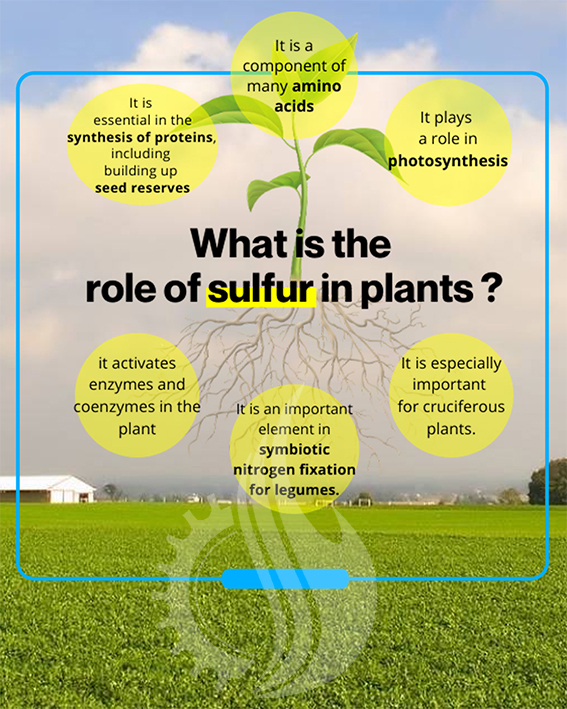The Vital Ecological Importance of Sulfur in Environmental Systems
Sulfur plays a crucial but often overlooked role in maintaining healthy ecosystems worldwide. While sulfur pollution presents environmental challenges, this essential element supports fundamental biological processes across terrestrial and marine environments.
As a key macronutrient, sulfur forms critical components in proteins, enzymes, and vitamins necessary for all living organisms. In marine ecosystems, phytoplankton depend on sulfate for growth and produce dimethylsulfide (DMS), which influences cloud formation and potentially climate regulation. Forest ecosystems similarly rely on adequate sulfur availability, with deficiencies limiting tree growth and overall productivity.
Sulfur-dependent microorganisms drive decomposition processes and nutrient cycling, affecting carbon and nitrogen availability throughout ecosystems. Additionally, proper sulfur nutrition enhances plant disease resistance, supports chlorophyll synthesis, and facilitates biological nitrogen fixation.
Understanding this balance between sulfur as essential nutrient and potential pollutant highlights the importance of sustainable management practices that maintain optimal sulfur cycling for ecosystem health and productivity.










